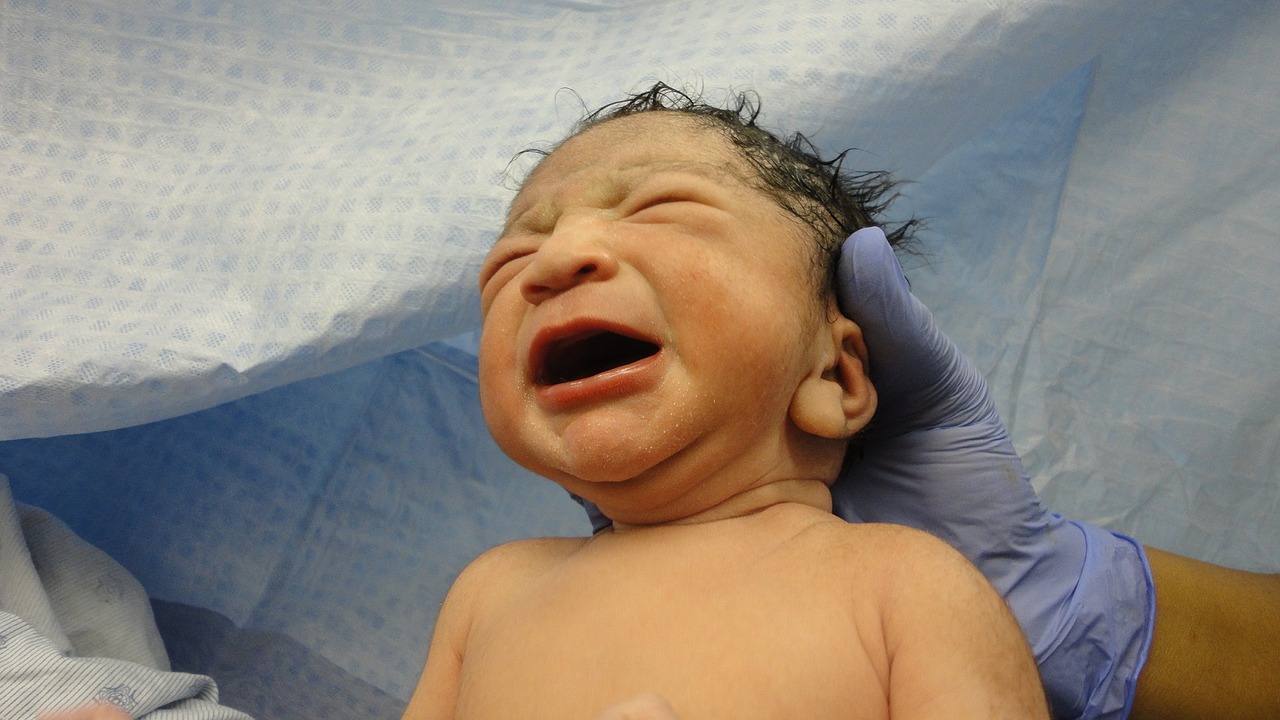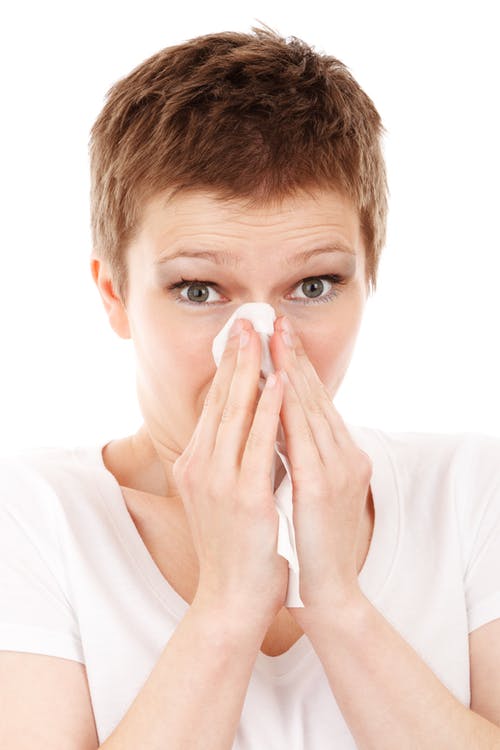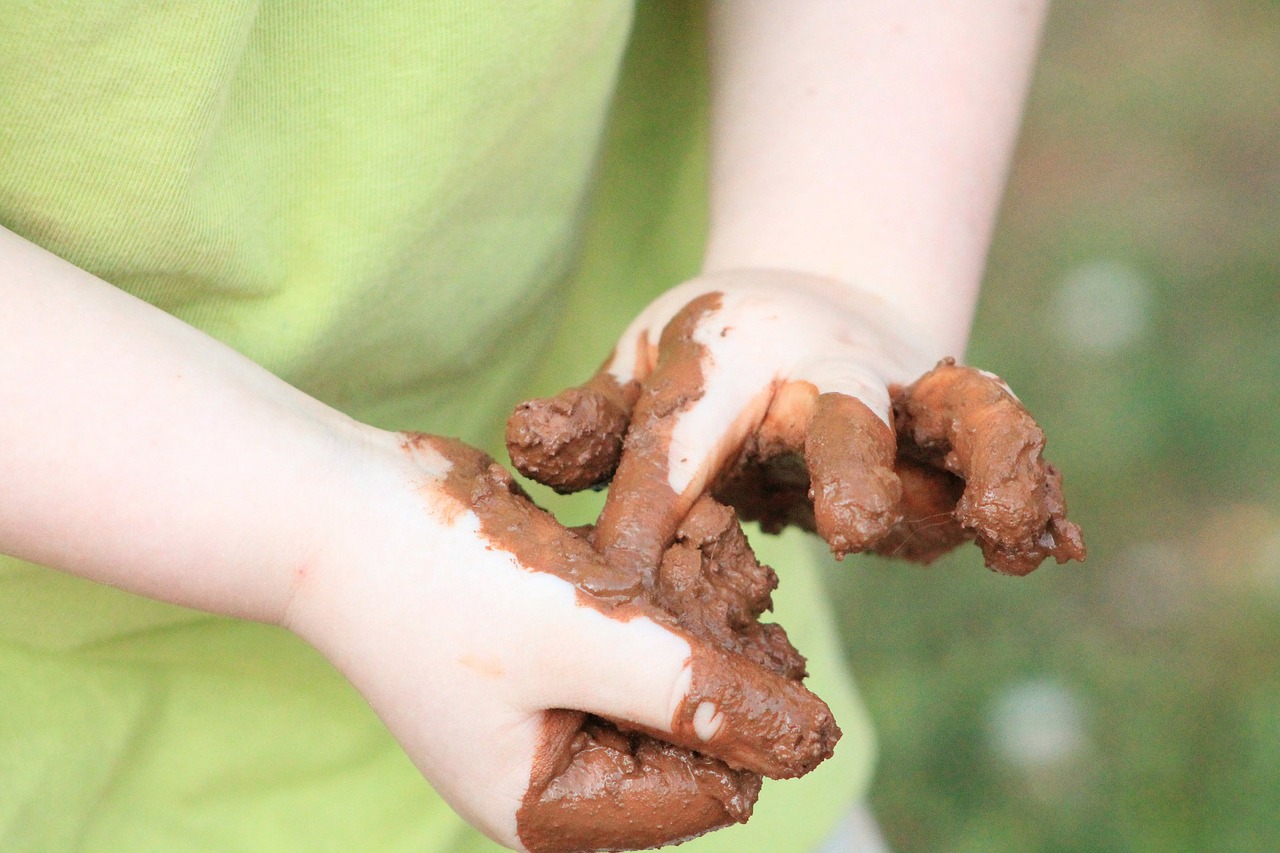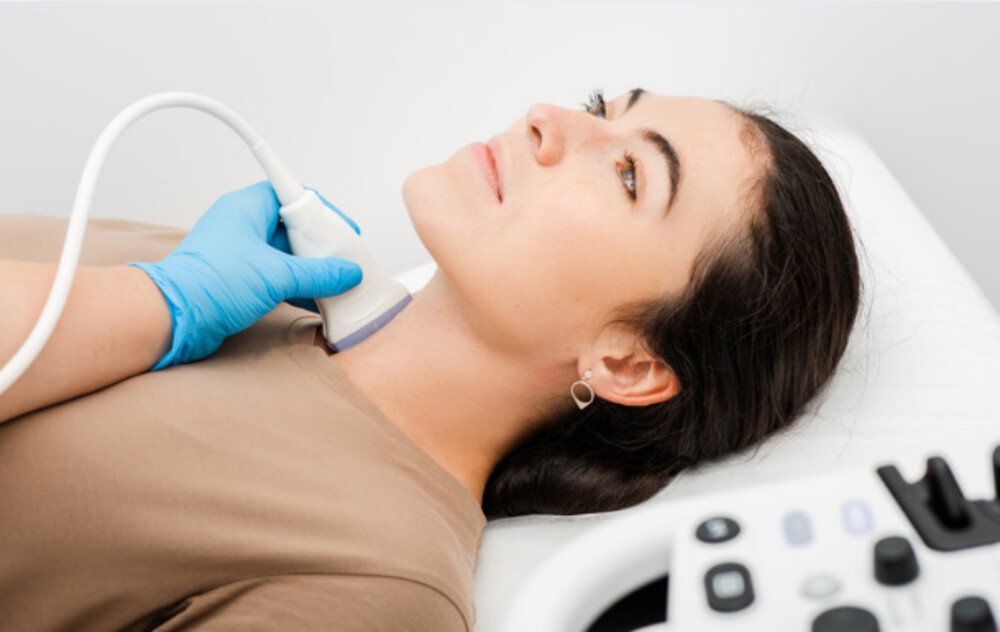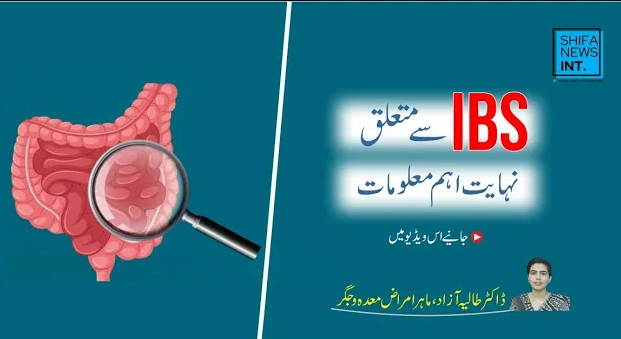
Acne is a widespread skin condition that occurs when hair follicles become blocked with oil and dead skin cells. It can result in pimples, blackheads, whiteheads, or cysts. While most common among teenagers, acne affects people of all ages.
Why does this disease occur?
It develops due to a combination of factors:
- Excess oil (sebum) production that clogs pores
- Dead skin cells accumulating in hair follicles
- Bacterial growth causing infection
- Inflammation leading to red, tender bumps
Additional triggers that can worsen acne include:
- Hormonal changes, such as puberty, menstruation, pregnancy, or midlife fluctuations
- Certain medications, including corticosteroids, testosterone, and lithium
- Dietary factors, especially carbohydrate-rich foods like bread, chips, and bagels
- Stress, which can intensify existing acne
- Friction or pressure from helmets, tight collars, backpacks, or phones
What are the symptoms?
Symptoms vary depending on severity and type:
- Whiteheads – closed, plugged pores
- Blackheads – open, plugged pores that appear dark
- Papules – small, red, tender bumps
- Pustules – pimples with pus at the tips
- Nodules – large, solid, painful lumps under the skin
- Cystic lesions – painful, pus-filled lumps beneath the skin
Acne commonly appears on the face, forehead, chest, upper back, and shoulders.
Who is at risk of this disease?
- Teenagers, due to hormonal changes during puberty
- Women, especially during menstruation, pregnancy, or midlife
- People with a family history of acne
- Individuals exposed to oily substances or experiencing friction on the skin
- Anyone under stress, which may aggravate existing acne
How is this disease diagnosed?
A dermatologist diagnoses it during a physical examination. The doctor evaluates:
- Type and severity of acne lesions
- Areas affected
- Possible triggers
- Family history and previous treatments
What is the treatment?
The treatment depends on severity, and may include:
Topical medications
- Retinoid to prevent follicle clogging
- Topical antibiotics, often combined with benzoyl peroxide
- Azelaic acid and salicylic acid to reduce bacteria and unclog pores
- Dapsone for inflammatory acne
Oral medications
- Antibiotics for moderate to severe acne
- Combined oral contraceptives for women to regulate hormones
- Anti-androgen agents (spironolactone) for hormonal acne in women
- Isotretinoin for severe or resistant acne, under careful medical supervision
Other therapies
- Light therapy
- Chemical peels for mild acne
- Drainage and extraction of stubborn comedones or cysts
- Steroid injections for painful nodules or cysts
Treating children
Consultation with a pediatric dermatologist ensures proper dosing, avoids harmful medications, and monitors side effects.
How can you take care at home?
- Wash affected areas gently twice daily with mild cleansers
- Avoid harsh scrubs, astringents, and masks
- Use non-oily, non comedogenic products
- Protect skin from the sun and use sunscreen if on acne medication
- Minimize friction or pressure from helmets, collars, straps, or backpacks
- Avoid touching or picking acne-prone areas
- Shower after sweating or strenuous activities
How can this disease be prevented?
- Maintain a consistent, gentle skincare routine
- Avoid irritants and oily cosmetic products
- Protect skin from friction or pressure
- Use sunscreen to avoid post-acne discoloration
- Manage stress through relaxation or mindfulness
When should you see a doctor?
- If acne does not improve with over-the-counter treatments
- If it gets severe, persistent, or spreading
- Sudden onset of severe acne in adults
- Serious reactions to skincare products, including faintness, swelling, or difficulty breathing
Frequently Asked Questions (FAQs)
Q1. Does eating chocolate or greasy foods cause acne?
Eating chocolate or greasy foods has little to no effect on acne. Diet alone is not a major cause of it.
Q2. Is acne caused by poor personal hygiene?
It is not caused by dirty skin. Scrubbing too hard or using harsh soaps can actually worsen it.
Q3. Do cosmetics make acne worse?
Not necessarily. Using oil-free, noncomedogenic makeup that is removed regularly does not interfere with the treatments.
Q4. Can adults get acne?
Yes. Adults may develop it due to hormonal changes or certain medications.
Q5. Are over-the-counter products enough to get rid of it?
Mild acne may respond to OTC products, but moderate to severe cases often require prescription treatments.
Important Note: This information is for awareness purposes only. Please consult a healthcare professional for medical advice, diagnosis, or treatment.




